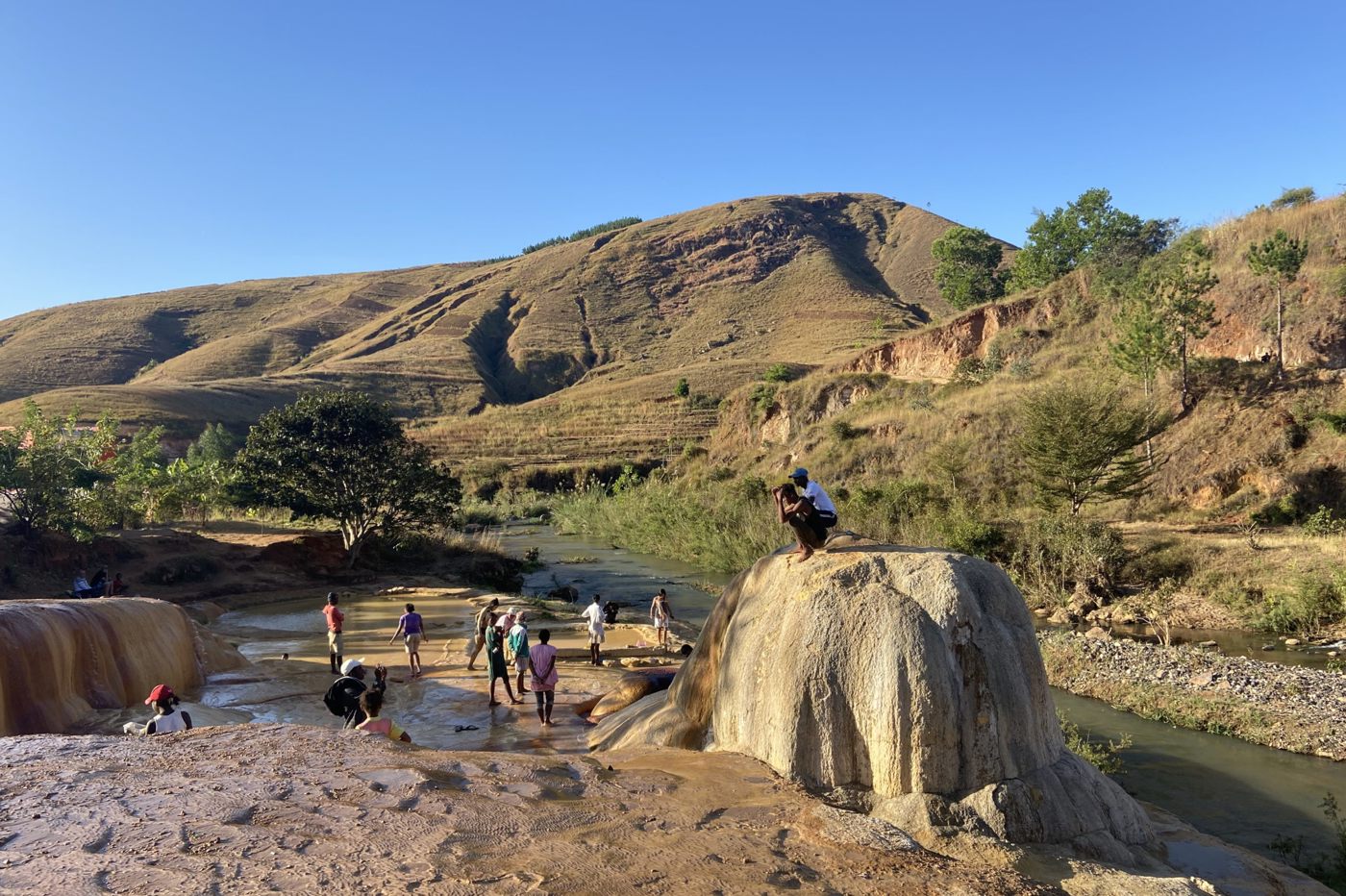
Project reference
20-0094-023-MDG-CSPE-WFP
Contract duration
2022 - 2023
Budget
238,625
(249,641.00 USD)
Countries
Madagascar
Keywords
Food and nutrition, Humanitarian aid, Monitoring & Evaluation
Madagascar: Evaluation of WFP Country Strategic Plan (2019-2023)
This independent evaluation of WFP Country Strategic Plan (CSP) in Madagascar assessed the strategic positioning, added-value and results of WFP operations in the Country from 2019 to 2023.
The evaluation served the double purpose of accountability (performance and result assessment) and learning (why certain results occurred or not, lessons and evidence for decision-making). The evaluation was envisioned to inform the design of the new CSP for Madagascar, scheduled for Executive Board consideration in November 2023.
CSP key sectors and activities included:
The evaluation employed a mixed-method approach that triangulates qualitative and quantitative data from a variety of sources. For this purpose, the evaluation team conducted interviews with different stakeholders including WFP staff at HQ, regional and country level, WFP cooperating partners, donors, UN agencies, government entities as well as focus group discussions with the beneficiaries.
Link to the publication: https://www.wfp.org/publications/evaluation-madagascar-wfp-country-strategic-plan-2019-2023
The evaluation served the double purpose of accountability (performance and result assessment) and learning (why certain results occurred or not, lessons and evidence for decision-making). The evaluation was envisioned to inform the design of the new CSP for Madagascar, scheduled for Executive Board consideration in November 2023.
CSP key sectors and activities included:
- Emergency preparedness and response, including cash-based transfers
- Unconditional resource transfers to support access to food
- Malnutrition prevention activities
- Nutrition and school feeding
- Livelihoods activities, including smallholder farmer support
- Institutional capacity strengthening
- Logistics, supply chains and humanitarian aid coordination
The evaluation employed a mixed-method approach that triangulates qualitative and quantitative data from a variety of sources. For this purpose, the evaluation team conducted interviews with different stakeholders including WFP staff at HQ, regional and country level, WFP cooperating partners, donors, UN agencies, government entities as well as focus group discussions with the beneficiaries.
Link to the publication: https://www.wfp.org/publications/evaluation-madagascar-wfp-country-strategic-plan-2019-2023